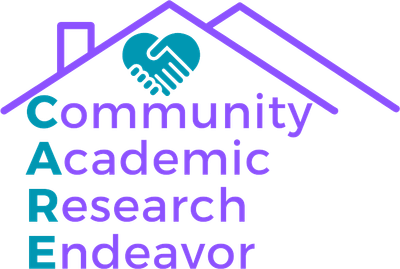Stepping out on your own and into the community: Launching a community-engaged research program
One of the greatest challenges facing the mental health field is the gap between clinical science and practice. Academic-community partnerships offer a valuable avenue for bridging this gap and enhancing the accessibility, effectiveness, and sustainability of evidence-based psychotherapy practices (EBPs) in the community. Yet, it can be difficult for students, early-career professionals, or researchers transitioning into community-engaged research to figure out where to start. Additionally, navigating the time-intensive process of building an academic-community partnership in a system that rewards research productivity can prove challenging. The goal of this panel is to provide a forum for discussion on launching a career as a community-engaged researcher. Panelists will: (1) share their experiences initiating partnerships with various community stakeholders while developing independent research programs; (2) present examples of their community-engaged research, including their collaborative process of identifying and refining ideas; and (3) discuss lessons they have learned conducting community-engaged research, as well as strategies for cultivating mutually beneficial academic-community partnerships. Panelists bring experience partnering with a variety of organizations and stakeholders including: government agencies, community- and school-based mental health agencies, juvenile drug courts, community health workers, schools, afterschool programs, public libraries, and community centers. Their academic-community partnerships have sought to enhance access to behavioral health resources for historically underserved youth and families, widely disseminate EBPs, evaluate and improve the quality of existing mental health services, and increase organizational capacity to meet the mental health needs of local communities. Directly aligned with the convention theme of promoting cognitive behavioral science and practice, attendees will gain ideas and considerations for building a productive and impactful program of community-engaged research.



